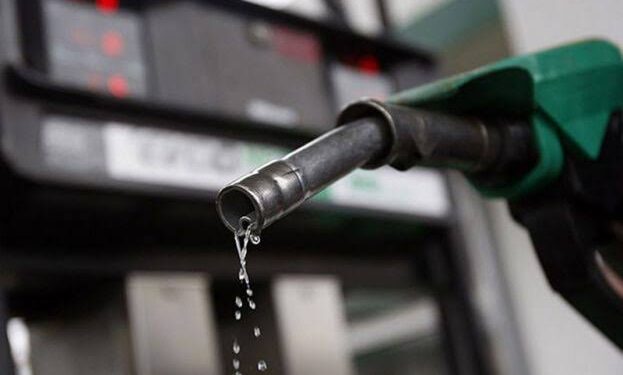The Independent Petroleum Marketers Association of Nigeria (IPMAN) has recently made a case for the federal government following the end of protests demanding a replacement of fuel subsidies. On Channels Television’s Sunrise Daily program, IPMAN National Operations Controller Zarama Mustapha explained that the landing cost per liter of Premium Motor Spirit (PMS), also known as petrol, makes it difficult for petrol marketers to import the commodity as the Nigerian National Petroleum Company (NNPC) Limited does.
According to Mustapha, “Right now, the landing cost of PMS is over ₦1,200, without the margin of the marketers, transportation, and other logistics.” He noted that NNPC sells to marketers at approximately ₦565, indicating a subsidy of nearly ₦600 to ₦700 per liter. Despite government officials’ claims about subsidies, Mustapha asserted that the facts reveal an under-recovery situation.
Protesters’ Demands and Government Constraints
Mustapha acknowledged that the demands of the protesting youth were legitimate but questioned the government’s capacity to meet these demands given the current economic constraints. He stated, “Their demands are cogent and consistent with the realities on the ground, looking at the economic situation of the country. They have every right to demand that. But the government can only do what it can afford.” Mustapha questioned whether the government could handle a reversion to ₦200 or ₦250 per liter, emphasizing the complexity of the situation.

President Tinubu’s Statement
During a nationwide broadcast on Sunday, President Bola Tinubu defended the government’s decision to remove fuel subsidies and unify foreign exchange systems. He argued that these measures were necessary to address economic challenges and promote development, despite the current hardships.
Nigeria’s Energy Challenges
As Africa’s largest oil-producing nation, Nigeria faces significant energy issues, with all state-owned refineries non-operational. The country relies heavily on imported refined petroleum products, primarily supplied by the state-run NNPC. Since the subsidy removal in May 2023, petrol prices have tripled, rising from approximately ₦200 per liter to around ₦700 per liter. This has exacerbated the hardships for citizens reliant on petrol for vehicles and generators, compounded by unreliable electricity supply.
Economic Consequences
The unification of forex windows has led to a sharp decline in the naira’s value, from $1/₦700 to over $1/₦1600 at the parallel market. This depreciation has driven up prices for food and basic commodities, contributing to widespread inflation.
Alternative Solutions and Controversies
While the IPMAN has justified the government’s actions highlighting the role of the naira in high petrol costs, the Dangote Refinery presents a potential solution to Nigeria’s fuel import dependency. However, it has faced strong opposition, raising questions about the benefits and influence of NNPC in the fuel import sector. The ongoing debate underscores the complexity of Nigeria’s economic challenges and the contentious nature of policy decisions related to fuel subsidy reforms and foreign exchange management.

















